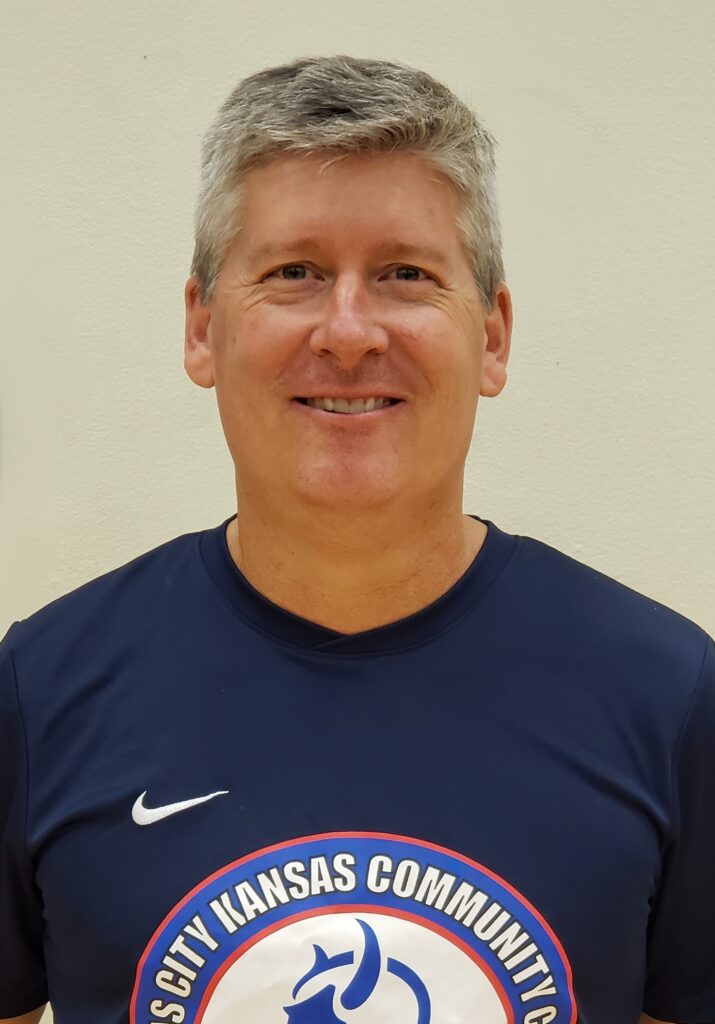by Mary Rupert
The lack of fans in the stands this week at Kansas Speedway in Kansas City, Kansas, is expected to have a significant impact on the local and state economy.
Fans were not allowed at the Kansas Speedway this week, including the NASCAR Cup Series race on Thursday night, to reduce the spread of COVID-19.
A 2008 study estimated the Kansas Speedway produced a $243 million effect on the local economy, creating an estimated 5,000 jobs. A 2010 news release from the Unified Government estimated one race weekend had a $100 million economic impact on the Kansas City metro area.
Bridgette Jobe, Kansas director of tourism, said that not having fans attending races at the Speedway has an effect on the local and state economy. There are still some positives in the situation, however, she said.
“Hotels, restaurants, shopping venues in the Kansas City region all benefit from the thousands of fans who arrive in Kansas City, Kansas, for a race weekend,” Jobe said. “Communities from across the state will also be negatively impacted as travelers will not be stopping in their communities as they are driving to and from the races.
“The positive is that we still have the race teams in Kansas City, Kansas, staying in our hotels and enjoying the KCK amenities,” Jobe said.
Kansas Tourism completely supports NASCAR and Kansas Speedway in their efforts to keep Kansans and visitors safe, she added.
“And I know that the tourism industry will recover from this pandemic,” Jobe said. “We are seeing signs of travel returning, but it will look at little different in the near future.”
Travelers are staying closer to home and looking for wide-open space where they can physically distance, she said.
“I encourage all visitors to travel safely and responsibly and look forward to welcoming race fans to Kansas in the future,” Jobe said.
Greg Kindle, president of the Wyandotte Economic Development Council, said the Kansas Speedway is one of the primary importers of tourism into the Kansas City metro area every year, bringing in about $250 million every year, and having a large effect on hotels and restaurants.
Others affected in Wyandotte County include Sporting KC, which also has not been able to play games here with fans.
The racetrack brings in the lion’s share of folks from outside the region, Kindle said. It’s the one sports event in the metropolitan area that nets out far more people who don’t live here than do.
It would be almost impossible to replace the lost revenue from the Speedway not having fans, he added.
Besides tourism, retail sales are another area that has seen a decline. The Unified Government stated during the recent budget meetings that they were seeing a decline in retail sales tax revenues.
Kindle said it is fortunate that, although some sectors are seeing a decline, they are continuing to see an interest in ecommerce. Property taxes are still coming in, and some areas may continue to provide jobs for those who have been in the service economy.
“We have over 5,000 jobs available in Wyandotte County today, despite the pandemic,” Kindle said. “It’s fortunate that we are a diverse economy.”
While there has been a big hit to the economy, there also is a diverse mixture of commerce to help withstand the pandemic.

